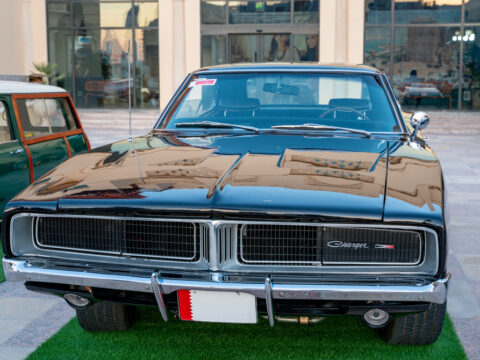Taking care of your vehicle is important, but not all advice is worth following. Some common tips about extending your car’s lifespan can actually lead to more harm than good. Here are 19 pieces of misleading advice and explain why they might not be as helpful as they seem. Understanding what really works will help keep your car in top shape for years to come.
Contents
Change Oil More Frequently Than Recommended
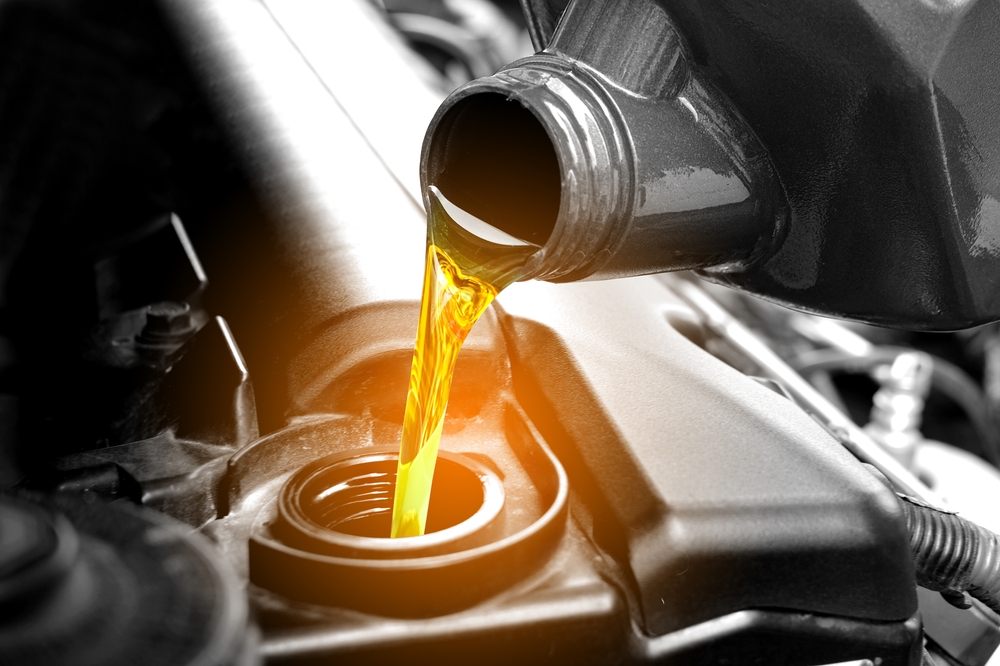
Changing oil more often than necessary is a common myth many drivers fall for. However, manufacturers specify oil change intervals based on rigorous testing and modern engine requirements. In most cases, sticking to the recommended schedule is more than sufficient for maintaining engine health. Overdoing it only results in wasted oil and money, without providing extra benefits to your vehicle.
Using Premium Fuel Improves Longevity

It’s often assumed that using premium fuel will make your car last longer, but this is inaccurate for most vehicles. High-octane fuel is designed for engines that specifically require it. For cars built for regular gasoline, premium fuel doesn’t offer any performance or lifespan advantages. In fact, it’s an unnecessary cost for cars not optimized for it.
Idle Your Car in Cold Weather to Warm It Up

Idling your car in cold weather might seem like a good way to warm up the engine, but it’s actually a dated practice. Modern engines are designed to warm up quicker when driving. Letting your vehicle sit idle only wastes fuel and can lead to carbon buildup. It’s far better to start driving gently to allow the engine to warm efficiently.
Only Use Dealership Service for Better Care
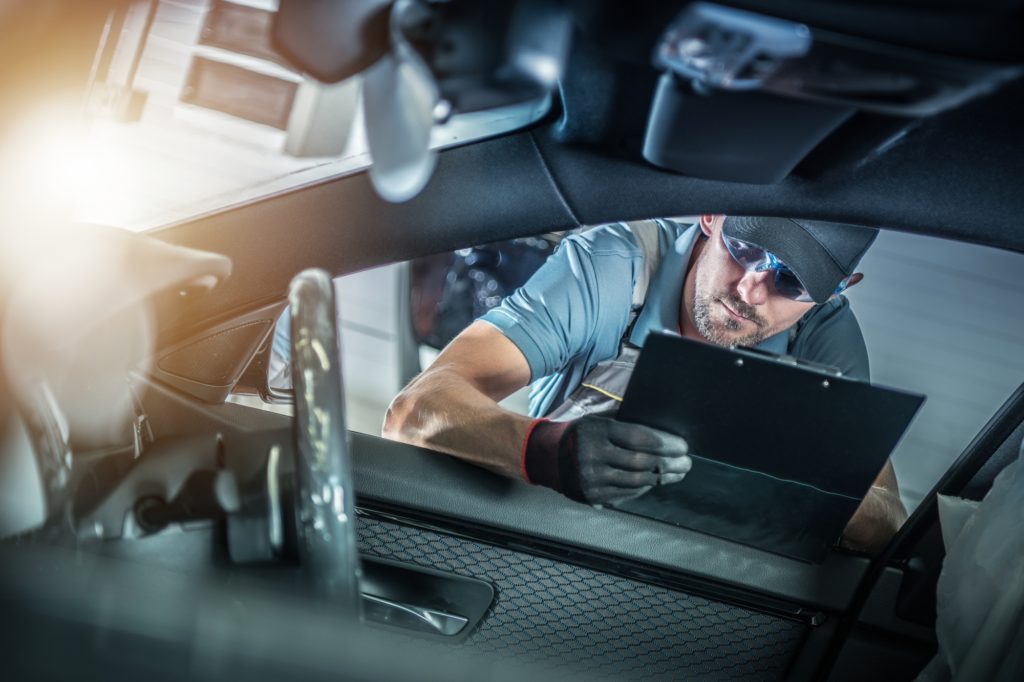
While dealership service centers offer specialized knowledge, they’re not the only reliable option. Certified independent mechanics can perform routine maintenance just as effectively, often at a lower cost. Believing that only dealerships can maintain your vehicle may lead to unnecessary expenses. Quality service, regardless of where it’s performed, is what truly matters for longevity.
Additives Can Prolong Engine Life
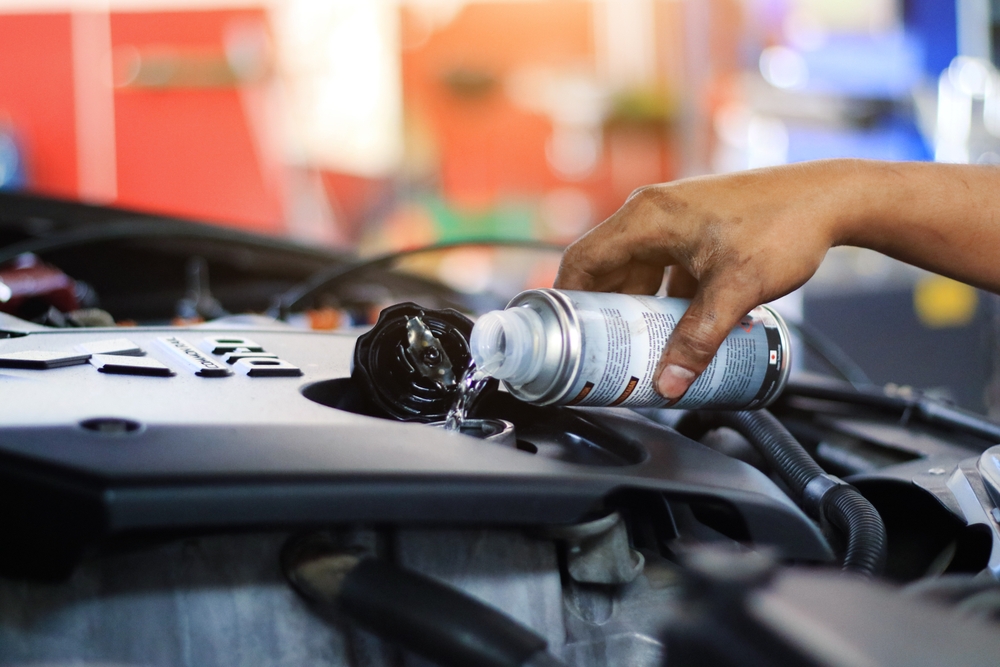
Many drivers believe engine additives are a shortcut to better performance and longer engine life. In reality, most modern engines don’t need these products, as high-quality oils already provide the necessary protection. Using additives might even disrupt the engine’s chemical balance, leading to unintended issues. It’s wiser to follow recommended maintenance practices instead of relying on additives.
Drive Slow to Save Your Engine

Although it might seem logical, driving slowly all the time doesn’t necessarily protect your engine. Engines are built to operate efficiently across a range of speeds, and prolonged low-speed driving can actually cause engine deposits to form. Occasional higher speeds help burn off these deposits, keeping the engine in better shape. Varying your speed is essential for balanced performance.
Brake Gently at All Times

Gently applying brakes constantly isn’t as beneficial as it may seem. In fact, brake pads need adequate pressure to function correctly, and light braking can cause glazing on the pads, reducing their efficiency. While it’s important to avoid harsh braking, using the brakes properly is essential for maintaining their performance. Smooth but firm braking when needed is a better approach.
You Don’t Need to Rotate Tires If You Drive Lightly
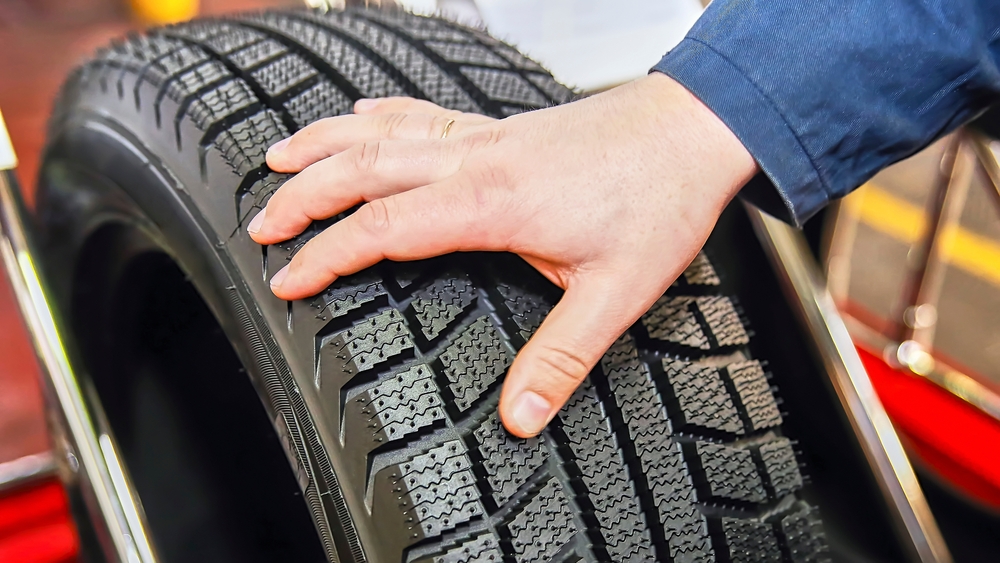
Skipping tire rotations because you drive gently is a mistake that can lead to uneven tire wear. Even with light driving, tires wear differently depending on their position. Regular tire rotations ensure even tread wear, improving safety and extending the lifespan of your tires. Ignoring this maintenance step can result in premature tire replacements and decreased fuel efficiency.
Never Use the AC to Save the Engine

Some drivers believe avoiding air conditioning will save engine power, but modern vehicles are designed to handle the AC efficiently. In fact, not using the air conditioner at all can lead to long-term damage in the system due to lack of circulation. Running the AC occasionally helps maintain system health by keeping the refrigerant flowing properly. It’s safe to use your AC without worrying about engine strain.
Manual Transmission Is Always Better for Longevity
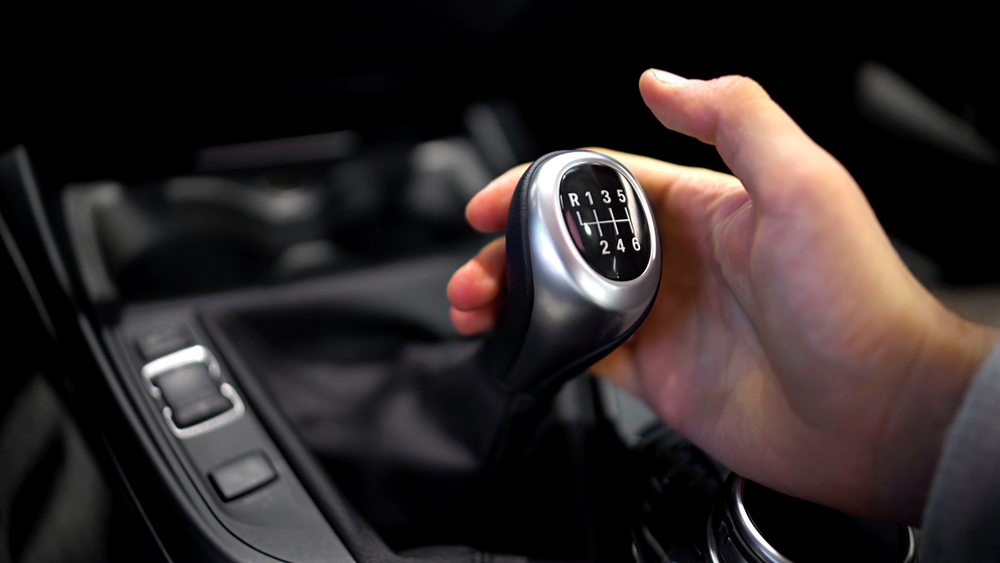
While manual transmissions used to be praised for their durability, advancements in automatic technology have leveled the playing field. Both transmission types can last long with proper care, but manual vehicles can suffer from clutch damage due to poor shifting habits. Automatic transmissions, when maintained correctly, can be just as reliable. Your driving habits, more than transmission type, determine how long it lasts.
Overinflate Tires to Increase Fuel Efficiency
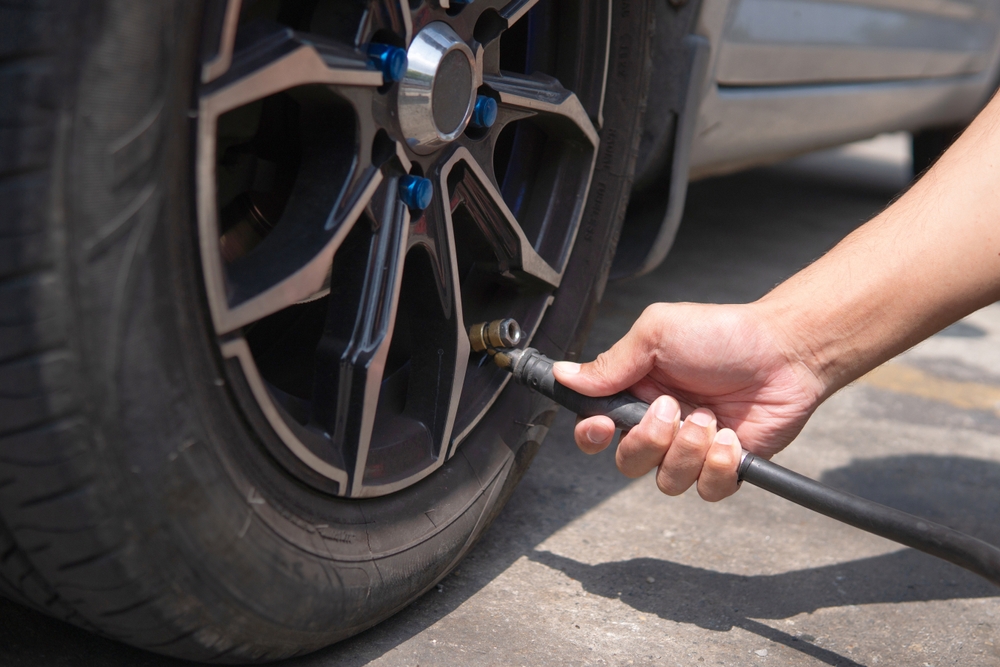
Overinflating tires in pursuit of better fuel economy is misguided. While properly inflated tires do improve fuel efficiency, inflating them beyond recommended levels reduces traction and increases wear. This can result in decreased safety and faster tire degradation. Stick to manufacturer-recommended pressures for optimal balance between fuel economy, handling, and tire longevity.
Flush the Coolant More Often Than Needed
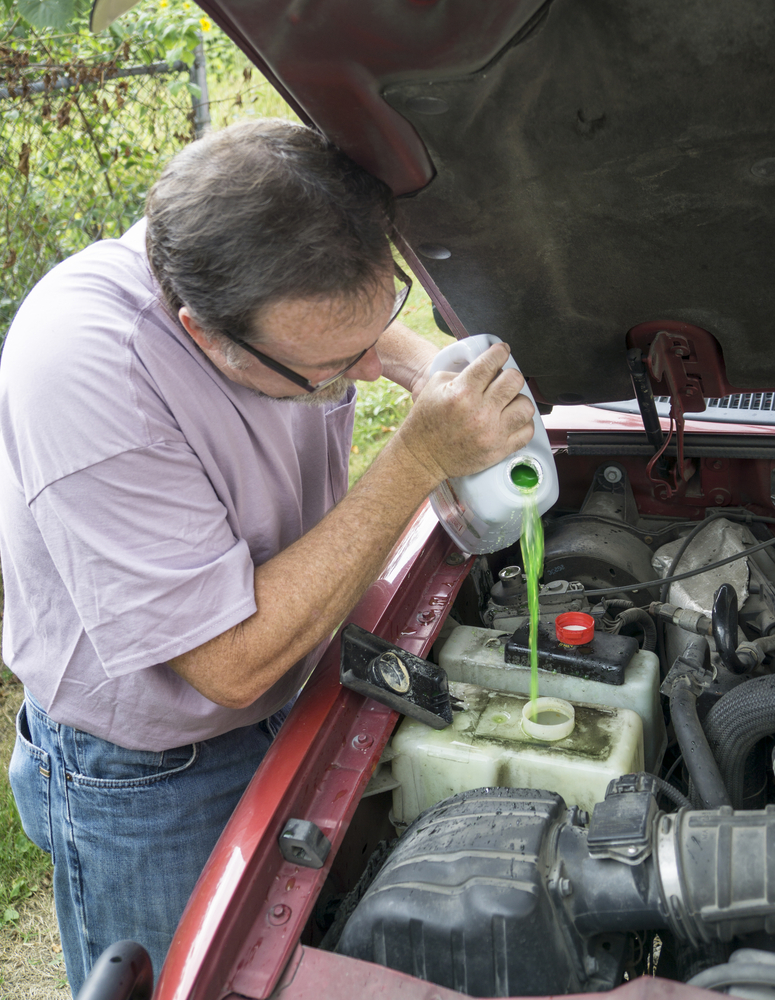
Flushing the coolant more often than necessary doesn’t add to the vehicle’s lifespan and can introduce problems. Over-flushing risks contaminating the cooling system with air bubbles or other impurities. Follow the manufacturer’s guidelines for coolant maintenance, as these intervals are based on actual performance needs. Excessive coolant flushing is more likely to cause issues than prevent them.
Drive Less to Avoid Wear and Tear

Leaving your vehicle idle for long periods doesn’t protect it from wear and tear as some believe. In fact, infrequent driving can lead to battery drainage, tire flat spots, and the deterioration of various components. Vehicles are built to be driven, and regular use helps keep parts lubricated and functioning well. A balance of moderate, consistent driving is key to longevity.
Top Off Your Gas Tank for Longer Life

Topping off your gas tank after the nozzle shuts off can cause more harm than good. This practice risks overfilling the tank and damaging the vehicle’s vapor recovery system. Fuel systems are designed to handle specific amounts, and overfilling can lead to expensive repairs. It’s best to stop filling once the pump clicks to avoid unnecessary damage.
Change the Transmission Fluid Every Year
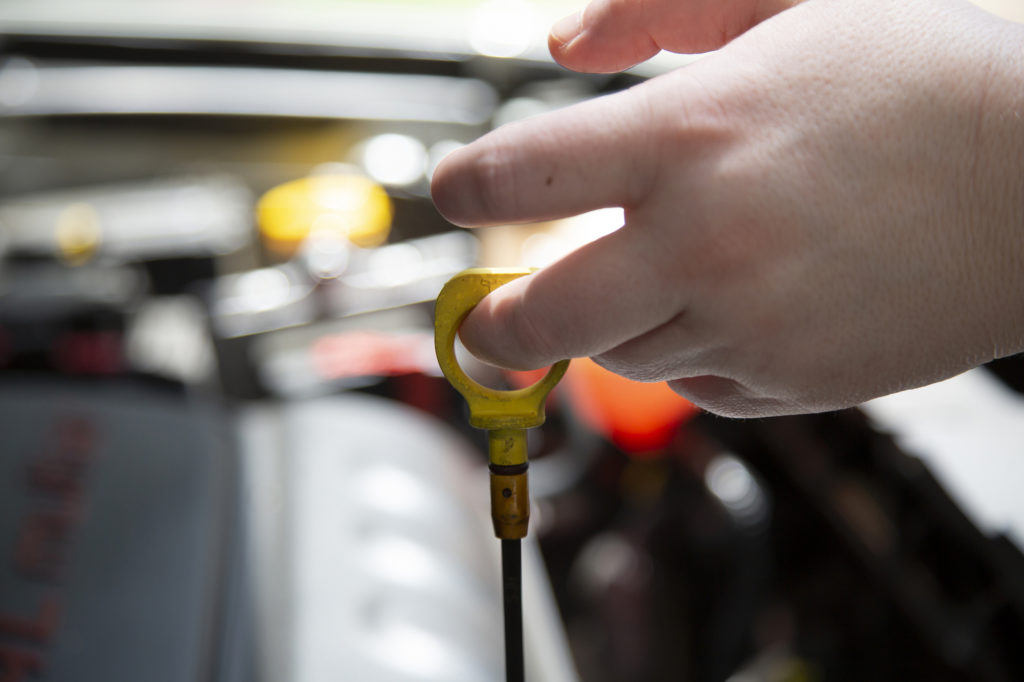
While transmission fluid changes are essential, doing it annually isn’t necessary unless you drive in harsh conditions. Manufacturers set change intervals based on mileage and typical driving patterns. Changing transmission fluid too often can be a waste of money and resources. Stick to the recommended schedule for the best results.
Wax Your Car Every Month to Protect the Paint
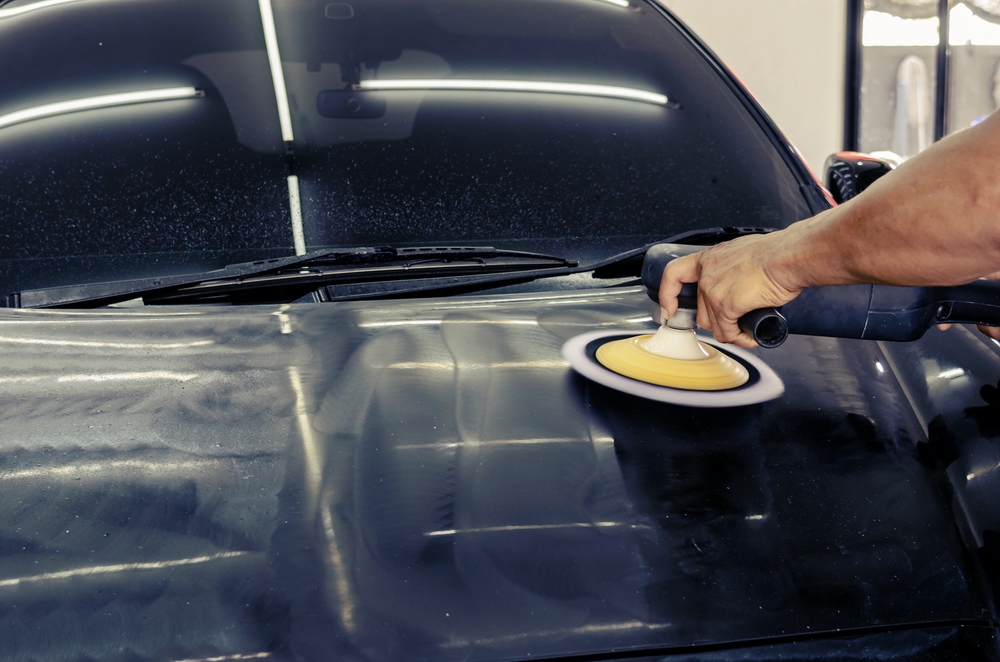
Waxing your car every month may seem like the ultimate protection, but it’s excessive. Modern vehicle paints are durable enough to withstand regular conditions without constant waxing. Waxing a few times a year provides enough protection against the elements. Over-waxing not only wastes time but may not offer additional benefits to your car’s exterior.
Avoid Using Cruise Control to “Stay Engaged”
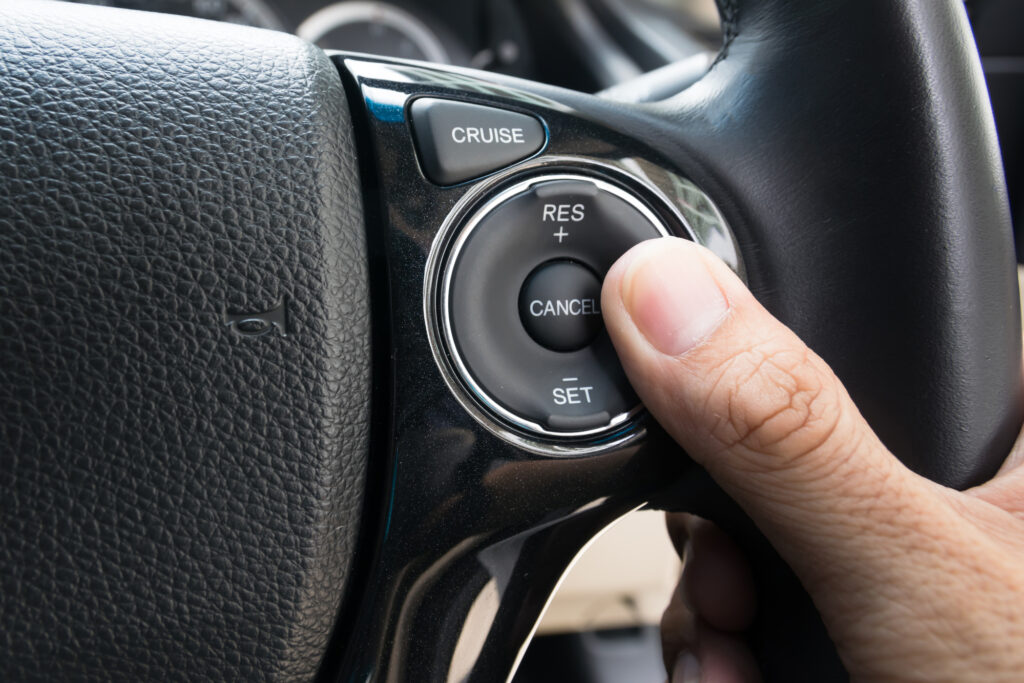
Avoiding cruise control because it makes driving “too easy” is outdated thinking. Cruise control helps maintain a consistent speed, which improves fuel efficiency and reduces driver fatigue on long trips. It doesn’t make the driver disengage but rather helps balance focus and efficiency. It’s a useful tool when used correctly, not something to be avoided.
Skip the Air Filter Change If It Looks Clean
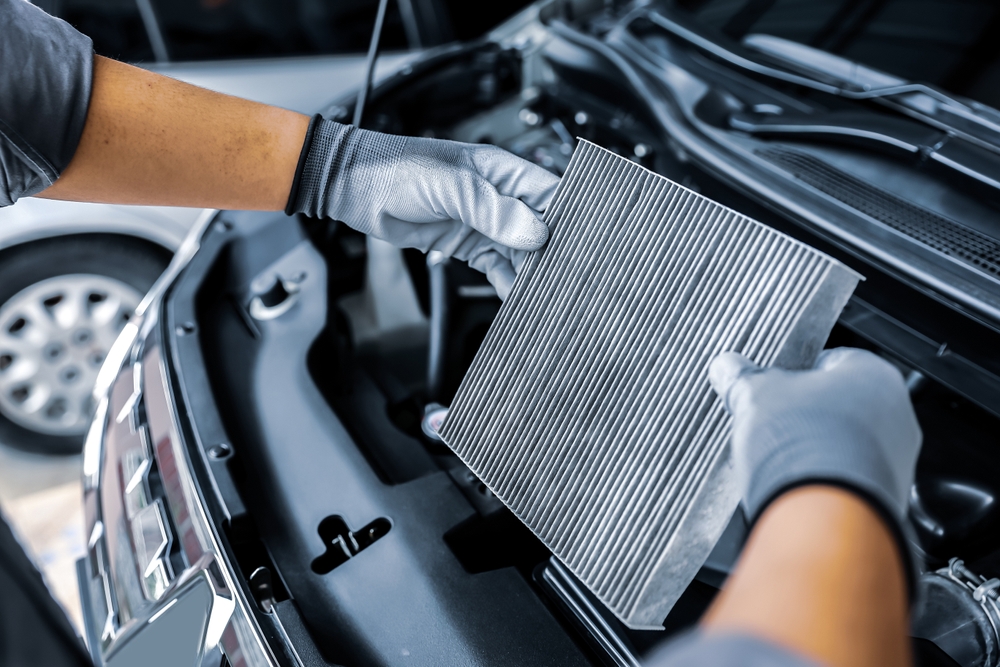
Even if an air filter appears clean, it may still be clogged with particles you can’t see. Skipping air filter changes because it “looks fine” can reduce engine performance and increase fuel consumption. A clogged air filter restricts airflow, causing the engine to work harder. It’s best to follow the recommended schedule for air filter changes to keep everything running smoothly.
Wait for Parts to Wear Out Before Replacing Them
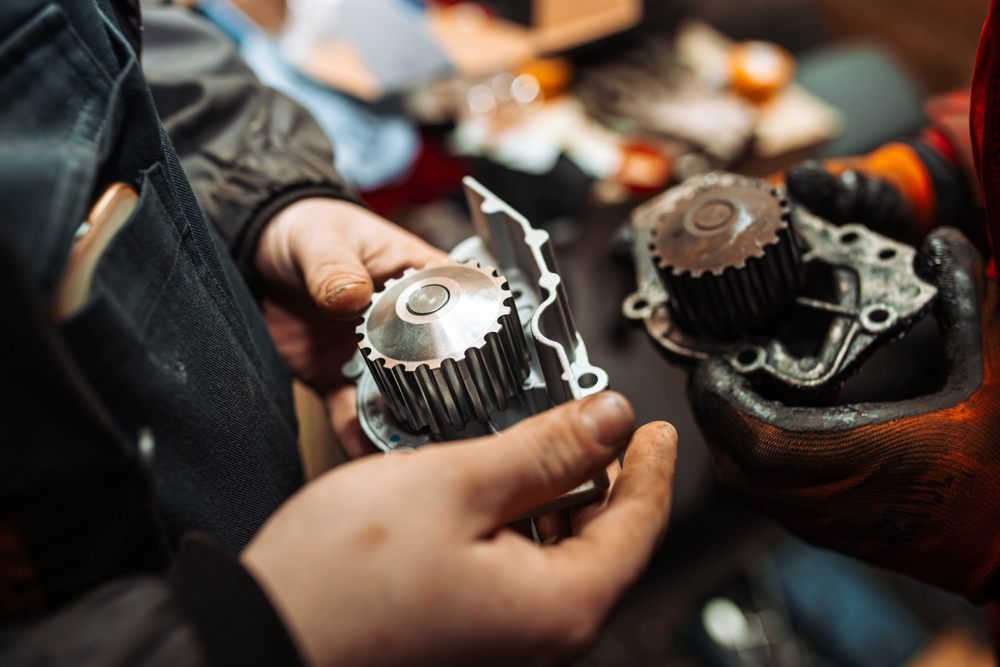
Waiting until a part completely fails before replacing it can lead to more significant problems. Preventive maintenance ensures that your vehicle runs smoothly and avoids more expensive repairs down the road. Replacing parts before they fail keeps everything in better condition. Being proactive rather than reactive helps extend the life of your car overall.
This article originally appeared on MyCarMakesNoise.
More from MyCarMakesNoise
8 Best RVs for Long-Distance Travel

Planning a long-distance adventure on the open road? Choosing the right RV can make all the difference. From luxurious Class A motorhomes to compact and efficient Class B camper vans, there are plenty of options to suit every traveler’s needs. Read More.
16 Mistakes to Avoid When Parking Your Car
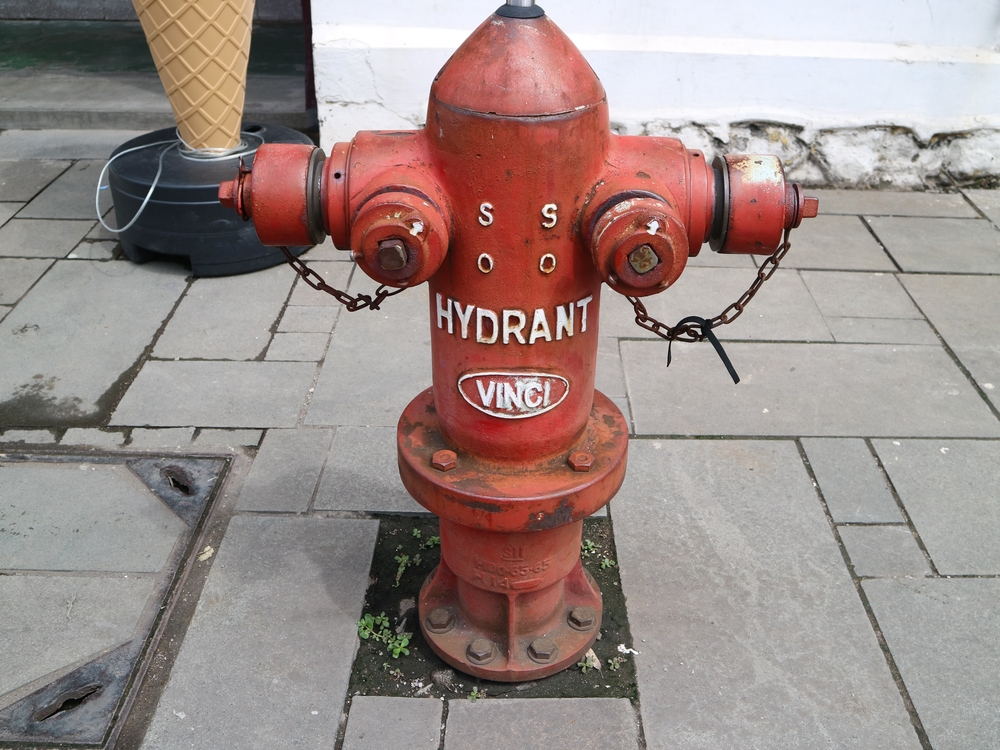
Parking your car might seem like a straightforward task, but even experienced drivers can make mistakes that lead to unnecessary hassles or damage. Whether it’s a small scratch, a ticket, or even a tow, these errors can be costly and frustrating. Read More.
8 Cinema’s Most Memorable Boats and Their Epic Moments

Boats have played unforgettable roles in some of cinema’s most iconic moments. From thrilling chases to serene voyages, these vessels have captured our imagination and added depth to countless films. Read More.




